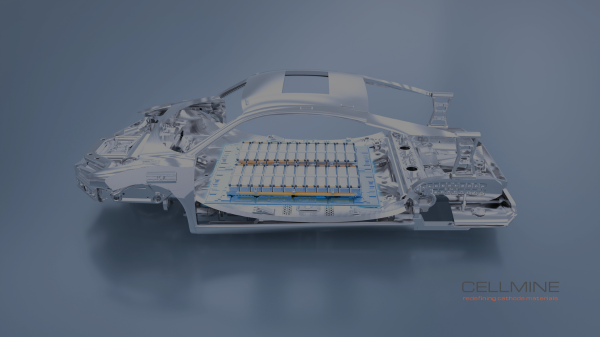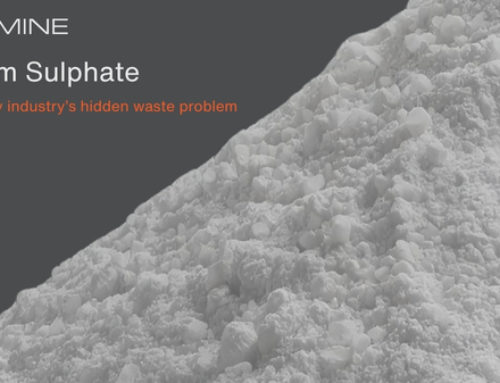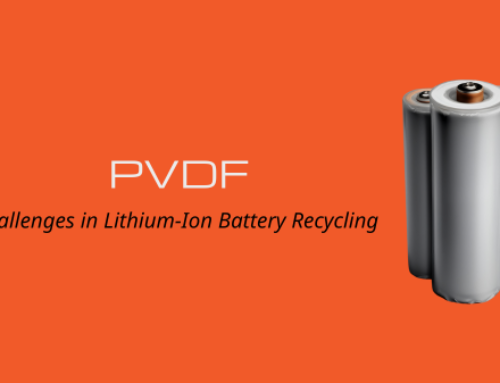Working towards Scotland’s circular economy goals, the imperative to develop efficient and environmentally responsible lithium-ion battery (LIB) recycling processes has never been more urgent. With the rising prominence of Lithium Iron Phosphate (LFP) cells, propelled by pioneers like Tesla, the need to address the challenges of recycling these batteries becomes non negotiable if we want to avoid mass rare metal waste.
Current LIB recycling methods
Conventional recycling methods, as mentioned, are inadequate for handling LFP cells due to their unique characteristics. Pyrometallurgical methods, while effective for certain chemistries, often result in significant metal loss and energy consumption, making them less suitable for LFP cells. On the other hand, hydrometallurgical processes, while versatile, produce substantial by-products and rely on potentially hazardous chemicals, posing environmental risks.
CellMine’s recycling technology
By incorporating selective dissolution techniques tailored to a range of battery chemistries, we’ve transformed the battery recycling process. Our approach allows for the efficient extraction of valuable materials, including lithium, from LFP cells while preserving their structural integrity, minimizing material loss, and reducing environmental impact.
The value in LFP battery recycling
Moreover, our process opens up exciting opportunities for resource recovery and value creation. By harnessing the diverse array of materials present in LFP cells, including critical minerals lithium and graphite, we not only facilitate the recycling of these batteries but also unlock the potential for the development of batteries with improved performance. This not only enhances the economic viability of battery recycling but also reduces our dependence on finite natural resources, fostering a more sustainable and circular economy.
As we navigate the transition towards a greener future, investments in research and development of innovative recycling technologies are essential. By collaborating across industries and leveraging advancements in materials science and engineering, we can unlock the full potential of LFP cells and pave the way for a more sustainable battery ecosystem.
While the challenges of recycling LFP cells are significant, they are not insurmountable. With forward-thinking approaches like our novel recycling technology here at CellMine, we have the tools and the opportunity to transform these challenges into opportunities for innovation and progress. By prioritizing sustainability and embracing technological advancements, we can build a future where battery recycling is not just a necessity but a catalyst for positive change.



